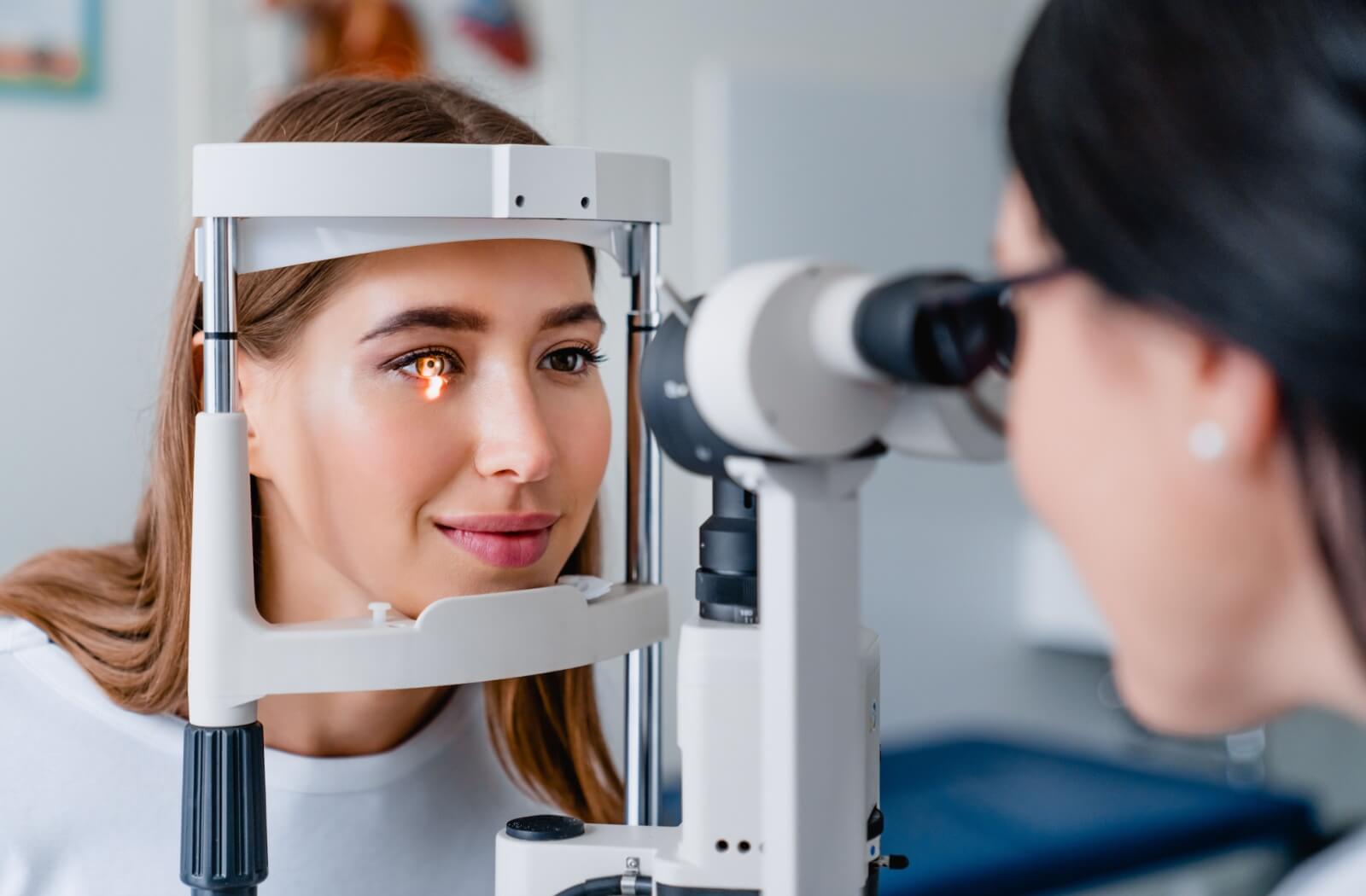All Categories
Featured
Table of Contents

Normal eye examinations are essential for preserving excellent vision and identifying potential eye health and wellness problems early. Nevertheless, the regularity of these exams can vary dramatically based upon a person's age, lifestyle, and total health. Recognizing the recommended routine for eye examinations can aid guarantee that individuals of all ages obtain proper treatment and monitoring for their eye health.
Newborns and Toddlers (0-2 Years)
For babies and toddlers, eye tests are critical for discovering any type of possible vision problems early. The American Academy of Ophthalmology suggests that a kid's first eye exam need to happen at around six months of age. Throughout this preliminary go to, the eye care professional will examine the child's aesthetic growth and look for any noticeable eye issues.Following this very first test, it is suggested that youngsters have one more eye exam at age three. This visit will concentrate on examining the child's overall aesthetic feature, consisting of eye positioning and the capability to track things. If no concerns are discovered, the next exam needs to be set up prior to the kid starts college, usually around age 5 or 6.
School-Aged Youngsters (6-18 Years)
Regular eye examinations need to be set up every one to two years as soon as children reach college age. Vision is important for discovering and development, and many colleges conduct vision screenings. However, these testings do not replace a comprehensive eye test by an eye treatment specialist.For children included in tasks or sports calling for considerable aesthetic emphasis, yearly eye exams may be recommended. Additionally, if a kid exhibits signs of vision problems-- such as difficulty reviewing, squinting, or regular frustrations-- a visit to the eye physician ought to be set up asap.
Young Grownups (19-39 Years)
Young person normally have less vision changes than older age, yet normal eye tests remain important. The basic recommendation is to schedule an eye test every 2 years during this duration. Individuals with specific risk variables-- such as a household background of eye condition, diabetic issues, or those that wear call lenses-- ought to consider yearly eye tests.Furthermore, those who spend considerable time on digital gadgets might experience digital eye strain. If symptoms such as dry skin, exhaustion, or blurred vision occur, it might be smart to see an eye care expert sooner.
Grownups (40-64 Years)
As people go into middle age, the possibility of developing vision troubles boosts. Grownups aged 40 to 64 need to schedule eye tests every one to 2 years. This age may begin to experience presbyopia, a natural age-related condition that makes it testing to concentrate on close things. Eye tests can also assist identify other usual age-related conditions such as glaucoma, cataracts, and macular degeneration.If people in this age have threat elements such as hypertension or diabetic issues, they may call for even more regular evaluations to check their eye health very closely.
Senior Citizens (65 Years and Older)
For seniors, regular eye tests end up being even much more important. The American Optometric Organization suggests that individuals matured 65 and older have an eye test at the very least as soon as a year. Older grownups are at a higher risk for various eye conditions, including cataracts, glaucoma, and age-related macular degeneration. Early detection and therapy of these problems can avoid vision loss and improve the quality of life.Final thought.
Understanding the suitable schedule for eye exams based on age is vital for maintaining ideal eye health throughout life. By adhering to these guidelines and seeking advice from with an eye care specialist, individuals can take proactive steps towards preserving their vision and general health.Table of Contents
Latest Posts
Experience the Flavorful Fare of The other day's Tavern Event catering
Published May 05, 25
1 min read
Yesterday's Tavern-- Where Background Satisfies Modern Feelings
Published Apr 22, 25
1 min read
Discover the Appeal of Yesterday's Tavern
Published Apr 17, 25
1 min read
More
Latest Posts
Experience the Flavorful Fare of The other day's Tavern Event catering
Published May 05, 25
1 min read
Yesterday's Tavern-- Where Background Satisfies Modern Feelings
Published Apr 22, 25
1 min read
Discover the Appeal of Yesterday's Tavern
Published Apr 17, 25
1 min read